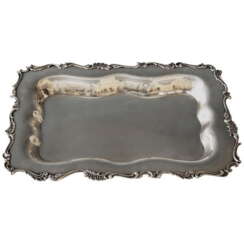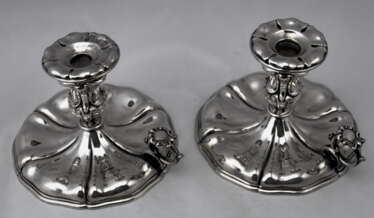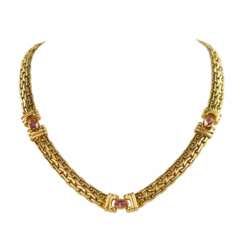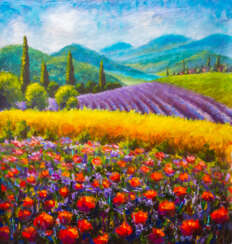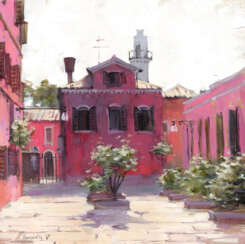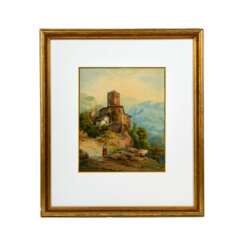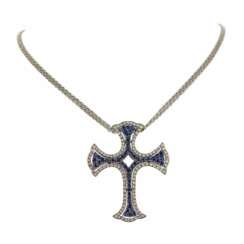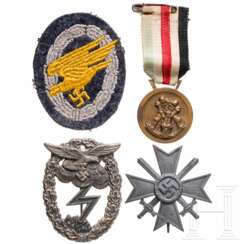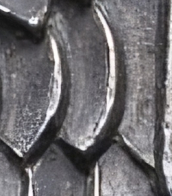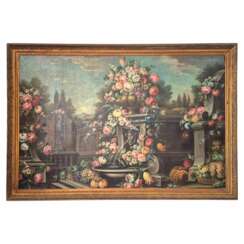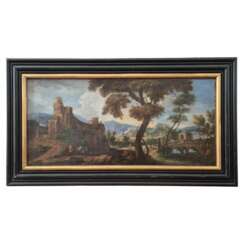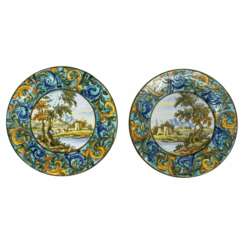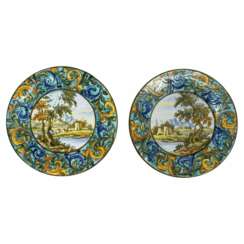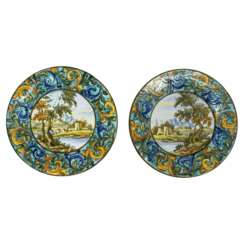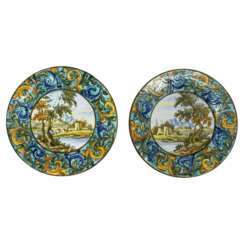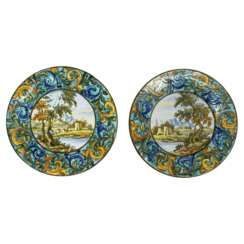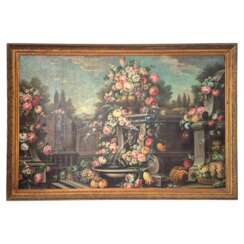1093 Items by auctions and galleries:
italian
Italian fishing boat of tartan, province of Chioggia, Venice. Итальянская рыбацкая лодка тартана, провинция Кьеджа, Вереция.
Vitaliy Anakhin (b. 1967)  Shop Anakhin Vitaliy
Shop Anakhin Vitaliy

Vitaliy Anakhin
01.04.1967
Ukraine
I have been professionally engaged in modeling for more than 20 years. Specialization - models of sailing ships. Personally realized 23 projects of models of sailing ships. I build models on an individual order. First we discuss all the details of the project, then the model appears. Профессионально занимаюсь моделизмом более 20 лет. Специализация - модели парусных кораблей. Самостоятельно реализовал 23 проекта моделей парусных кораблей. Строю модели по индивидуальному заказу. Сначала мы обсуждаем все детали проекта, потом появляется модель.

Artist shop
Anakhin Vitaliy
Ukraine
Number of products: 3
Original art: Italian summer countryside. French Tuscany. Field of red poppies, a field of yellow rye. Rural houses and high cypress trees on the hill. Mountains in the background.
Valery Rybakow (b. 1980)  Shop Rybakow Valery
Shop Rybakow Valery

Valery Rybakow
19.01.1980
Byelorussia
Valery Rybakow
Member of the Professional Union of Artists
The artist's paintings in 6 museums around the world. For 15 years, more than 685 paintings have been written.
The artist's paintings are in 31 countries around the world. Author of the book "Bright painting palette knife".
Since 2006, the artist began to exhibit his works at international exhibitions of painting in a virtual mode, which allowed collectors of different countries to get acquainted with the artist's work. To date, his works are in private collections of 31 mine countries: Russia, Ukraine, USA, France, Germany, Portugal, Italy, Canada, China, Brazil Singapore, Australia, Brunei Darussalam and other countries.
In addition to painting Valery Rybakou engaged in artistic photography and design.
Since 2010 he is a member of the Professional Union of Artists of Russia.
Over the past years, he has conducted numerous solo exhibitions in many cities and countries.
Participant of international competitions and exhibitions of contemporary fine art in the 2010-2018 period – “Eastern Art Prizes”, ArtPreview, Light Space & Time Art, "3rd Ward Open Call", "Illustrators of the Future Contest", "Art Takes Miami 2011", "Artists Wanted" , "3rd Art Competition on Artavita", "New Masters 2012 Art Competition", "WorkingTitle365", a solo exhibition in the cities of China
In 2010 he was included in the international art catalog International Dictionary of Artists (World Wide Art Books)
Currently, the work of Valery Rybakov is dominated by still life and landscape. Nature was surprisingly consonant with the artist's inner worldview, and therefore his works, regardless of the chosen genre, are organic, felt, passed "through themselves."
In the landscapes of the artist, filled with the play of light, captures the unique beauty of native nature: the warm golden colors of autumn, the variety of colors, the vast expanses of fields.

Artist shop
Rybakow Valery
Byelorussia
Number of products: 1
Italian courtyard
Vitaly Varyakin (b. 1975)  Shop Varyakin Vitaly
Shop Varyakin Vitaly

Vitaly Varyakin
04.09.1975
Ukraine
I am an artist who lives and works in Ukraine. I like drawing since my childhood. And I took up painting when I was 20 years old. I have been trying various painting techniques: gouache, acrylic, oil. Most of all I like the oil and use it at work quite often. Sometimes I use acrylic modeling paste to diversify the texture of canvases for paintings. I use flat bristles, flat and round synthetic brushes and a palette knife.

Artist shop
Varyakin Vitaly
Ukraine
Number of products: 9
